NEW YORK, USA – The hot topic of the past 10 days has been America’s healthcare system, and it was brought to the front burner as a result of the daylight assassination of Brian Thompson, the CEO of UnitedHealthcare, in front of a New York Hilton hotel.
Security cameras captured the killing, and after an intense five-day manhunt, Luigi Mangione was apprehended at a McDonald’s in Altoona, carrying a firearm, fake IDs, and a manifesto outlining his grievances against the healthcare industry.
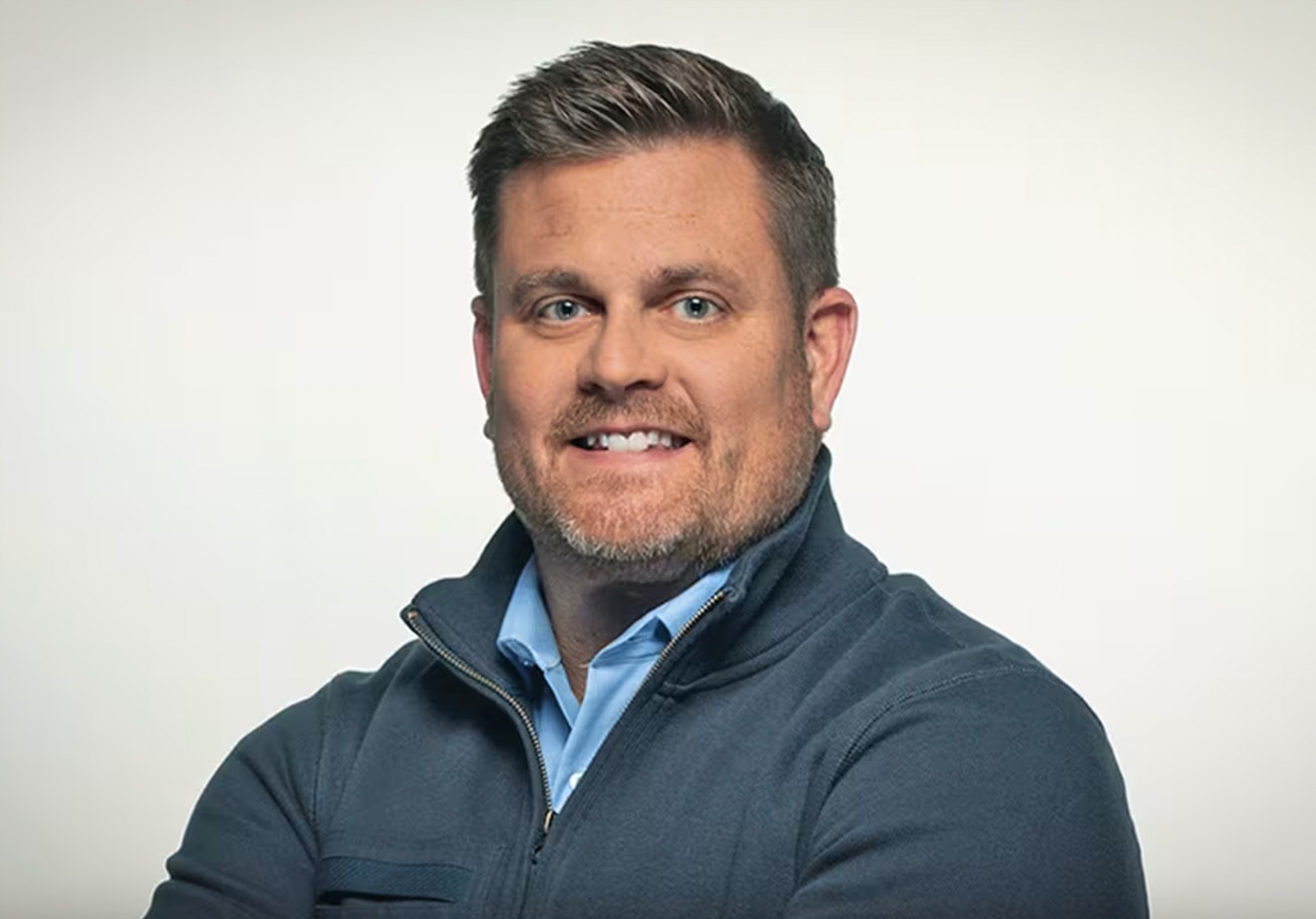
The suspect, a 26-year-old Ivy League-trained engineer, grew up in privilege. Authorities believe the weapon found in his possession was used in the attack.
He is currently facing state charges in Pennsylvania, including forgery and weapons offences, and is expected to be extradited to New York to face murder charges.
The story has drawn intense public scrutiny, not only for the alleged actions leading to his detainment but also for the manifesto found in his possession.
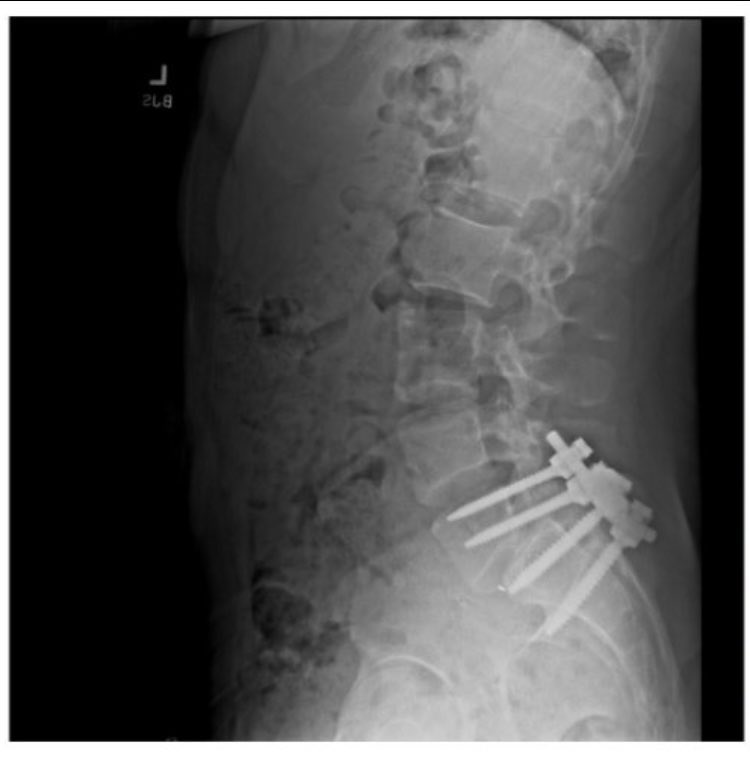
The Manifesto in Full
In the last few years, his digital trail left on social media platforms and his pages – which have been closed down, but the one on X, formerly Twitter, indicated someone who had become disillusioned with the system.
While media outlets have selectively quoted the document, a reluctance to publish the manifesto in full has left many questions unanswered.
In an effort to provide transparency, we present the unedited text of the manifesto, followed by an analysis of its key themes.
Mangione’s manifesto and his alleged actions have reignited debates on systemic inequities and ideological radicalisation in the United States.
“To the Feds, I’ll keep this short, because I do respect what you do for our country. To save you a lengthy investigation, I state plainly that I wasn’t working with anyone. This was fairly trivial: some elementary social engineering, basic CAD, a lot of patience.
“The spiral notebook, if present, has some straggling notes and To Do lists that illuminate the gist of it. My tech is pretty locked down because I work in engineering so probably not much info there. I do apologise for any strife or traumas but it had to be done. Frankly, these parasites simply had it coming.
“A reminder: the US has the #1 most expensive healthcare system in the world, yet we rank roughly #42 in life expectancy. United is the [indecipherable] largest company in the US by market cap, behind only Apple, Google, Walmart.
“It has grown and grown, but as our life expectancy? No, the reality is, these [indecipherable] have simply gotten too powerful, and they continue to abuse our country for immense profit because the American public has allowed them to get away with it.
“Obviously the problem is more complex, but I do not have space, and frankly I do not pretend to be the most qualified person to lay out the full argument. But many have illuminated the corruption and greed (e.g., Rosenthal, Moore), decades ago and the problems simply remain.
“It is not an issue of awareness at this point, but clearly power games at play. Evidently, I am the first to face it with such brutal honesty.”
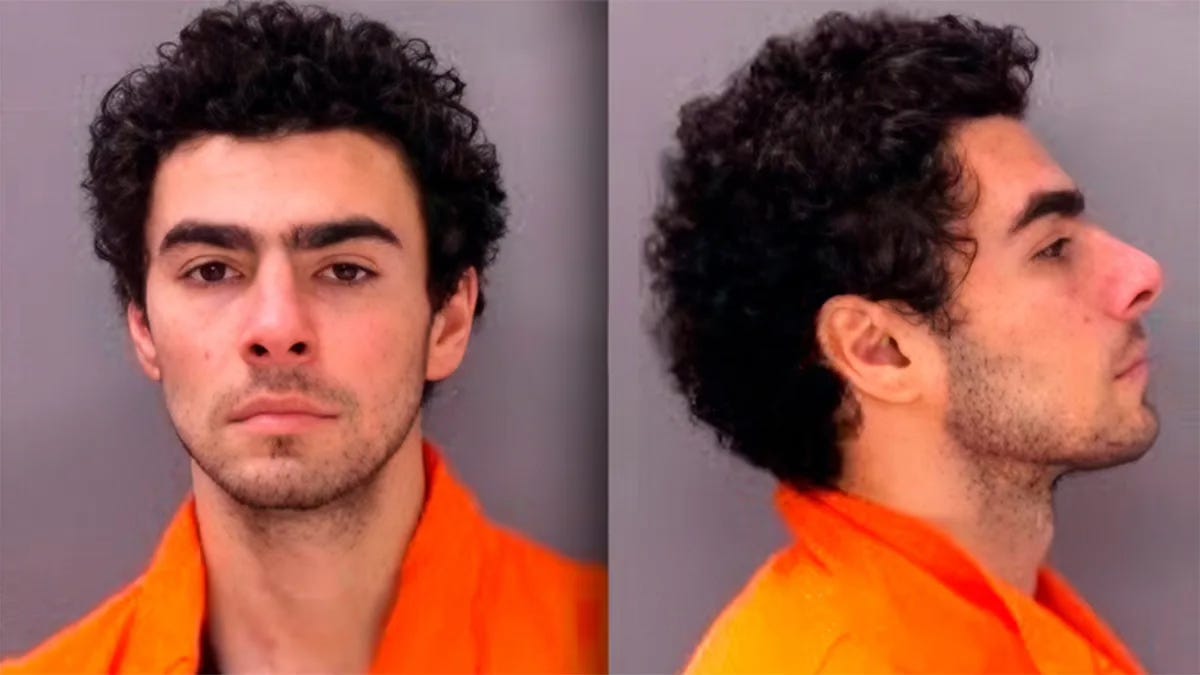
Analysis: A Critique of Systems
Healthcare in the Crosshairs
At the heart of Mangione’s manifesto is a sharp critique of the American healthcare system. His claim that the United States ranks “#1 most expensive” yet lags “roughly #42 in life expectancy” is a pointed observation, often cited in public debates about systemic inefficiencies.
While the exact ranking fluctuates depending on metrics used, studies consistently highlight a disparity between healthcare expenditure and outcomes in the U.S.
The mention of “United” as one of the “largest companies” appears to refer to UnitedHealth Group, a major player in the insurance and healthcare industry.
Mangione’s accusation of corporate greed aligns with criticisms long echoed by policymakers and activists.
He references figures such as Rosenthal and Moore, presumably Elisabeth Rosenthal, a physician and journalist, and Michael Moore, whose documentary Sicko examined healthcare inequities.
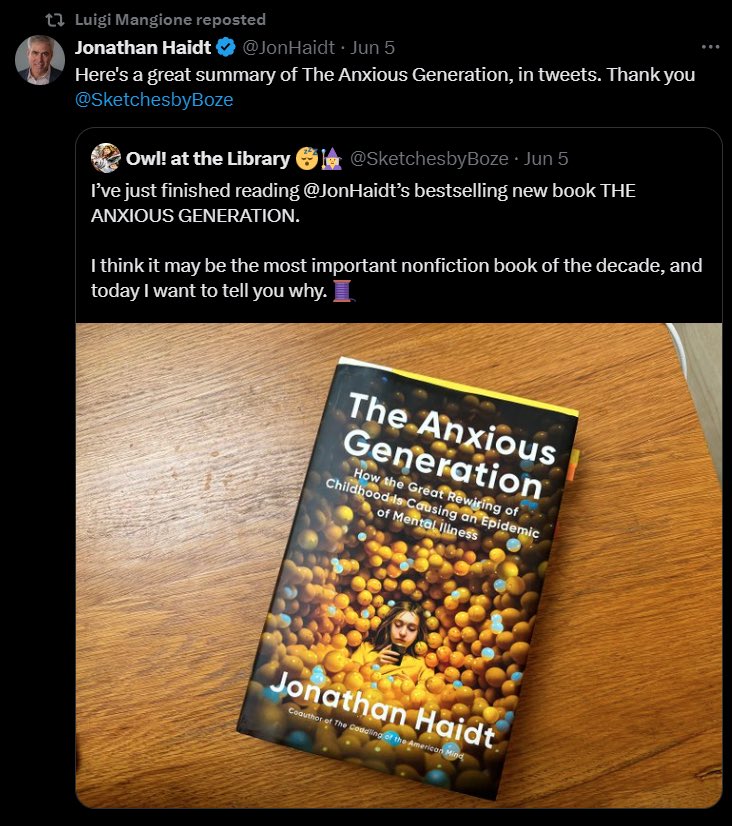
Power and Corruption
Mangione’s manifesto also alludes to deeper systemic issues, stating, “It is not an issue of awareness at this point, but clearly power games at play.”
This statement suggests frustration not only with corporate entities but with broader governance structures.
While the manifesto lacks detailed solutions or a coherent ideology, it reflects widespread disillusionment with institutions perceived as prioritising profit over public welfare.
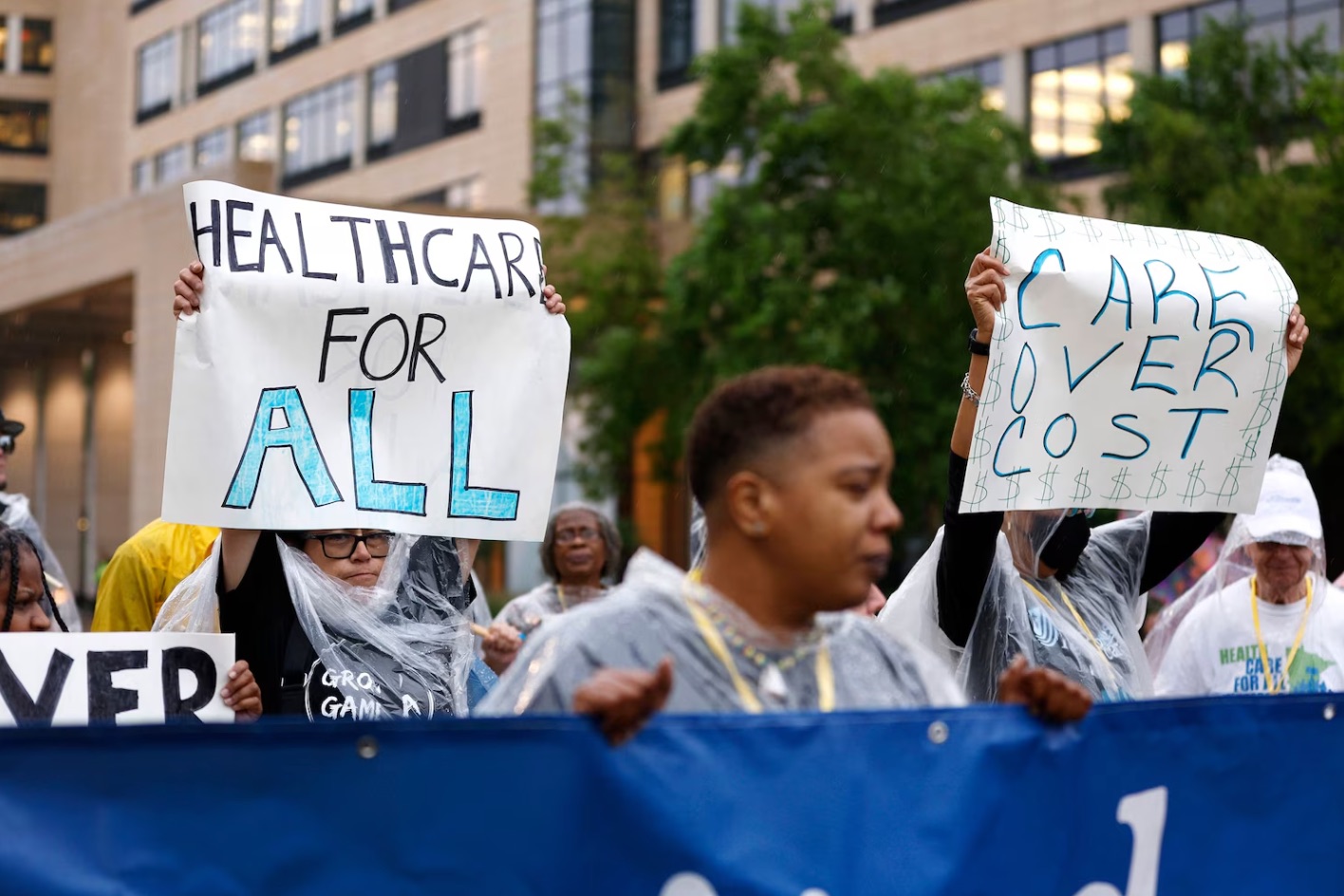
Ethical Dilemmas in Disclosure
The manifesto’s publication raises questions about media responsibility. While some outlets have quoted selectively, their decision to withhold the full document has been met with criticism.
Ken Klippenstein, a journalist who first shared the manifesto publicly, expressed concern over what he termed the “media’s drift away from public disclosure.”
Klippenstein reached out to several media organisations for comment, including The Washington Post, CNN, and NBC, regarding their decisions to withhold the document.
At the time of publication, no responses had been received.
RELATED: Assassination of CEO Triggers Social Debate on Health Insurance Claims Denials
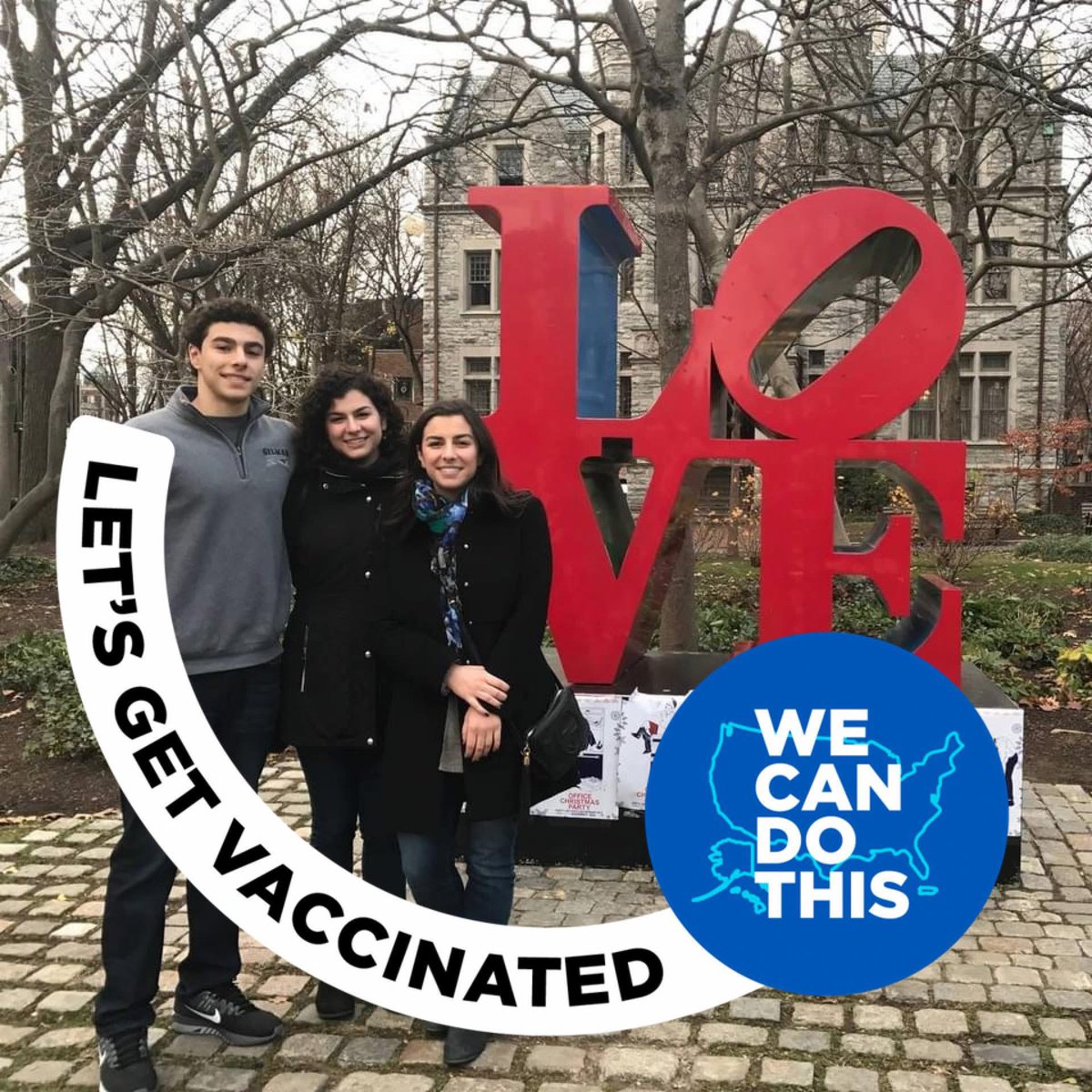
Broader Implications
Mangione’s manifesto, though troubling in its rhetoric, serves as a stark reflection of societal frustrations.
His focus on systemic failures—particularly in healthcare—resonates with ongoing debates about equity, access, and corporate influence.
While the manifesto cannot excuse alleged actions, its publication invites critical conversations about the issues it raises.
In the end, the manifesto’s impact may extend beyond the case itself, forcing both the public and policymakers to confront uncomfortable truths about the systems governing their lives.







